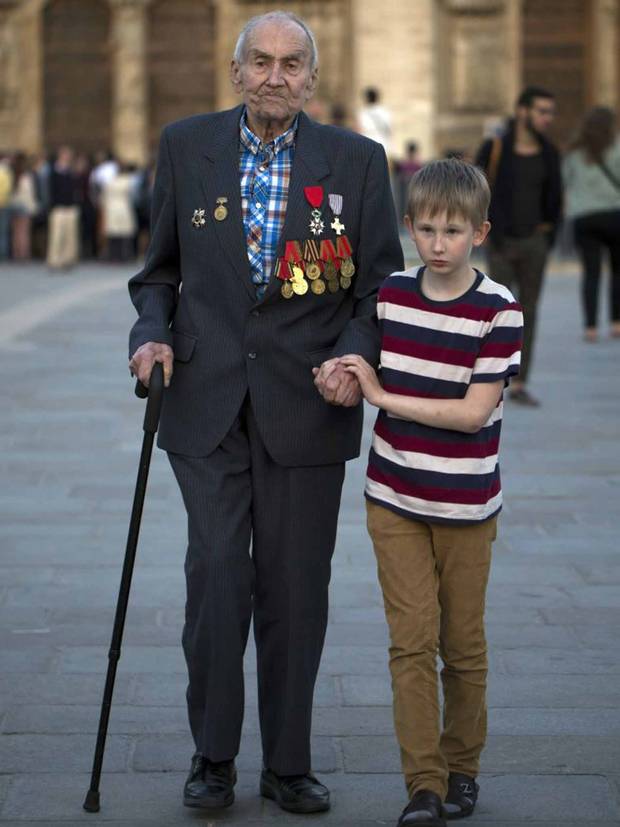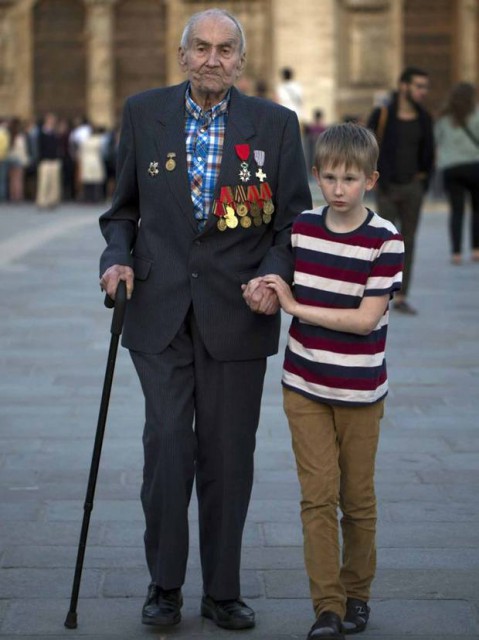World War Two Soviet soldier, Nikolai Vasenin spent the war working tirelessly against German forces. But when he returned to the USSR after the war, he was sentenced to serve 15 years for treason in a Soviet labour camp.
This week Nikolai Vasenin died at the age of 95, however thanks to a documentary-maker his story has been captured and will be aired next year, as part of the 70th anniversary of the end of the war.
Nikolai was fighting with Soviet forces against the German invasion of the USSR in 1941, when he was captured by German troops and sent to a POW camp in France. He expected to remain there for the rest of the war, but by chance and luck he escaped the camp.
Instead of returning straight to the USSR, he remained in eastern France and joined the French Resistance in a small town called Saint-Sorlin,where he continued the fight against Germany.
He worked his way up and became a commander, and even cemented a relationship with French girl, Jeanne Monot. Unfortunately Jeanne’s family disapproved of Vasenin so they were unable to marry. So with no ties or girl in France, at the end of the war Nikolai went back to the USSR, aiming to return to a normal life.
At the time, Josef Stalin was at his most paranoid, and it is well-documented that he believed anyone who had spent time in German POW camps could be a traitor. So instead of being free, Nikolai was sentenced to 15 years in a Soviet labour camp.
Today, Russia’s Foreign Minister Sergey Lavrov has distanced the Russian Government from Stalin’s wartime policies by recognising that all World War Two veterans, whether POWs or not, should be honoured and treated the same. In 2005, France awarded Nikolai with the Chevalier of the Legion d’Honneur in honour of his relentless fight against the German forces, The Independent reports.
In telling Nikolai’s story, the documentary-maker was able to take Nikolai back to France earlier this year. They visited Paris and met with residents of Saint-Sorlin. The mayor of the town made him an honorary citizen and will be dedicating Nikolai’s name to one of the town’s streets in recognition of his actions.

